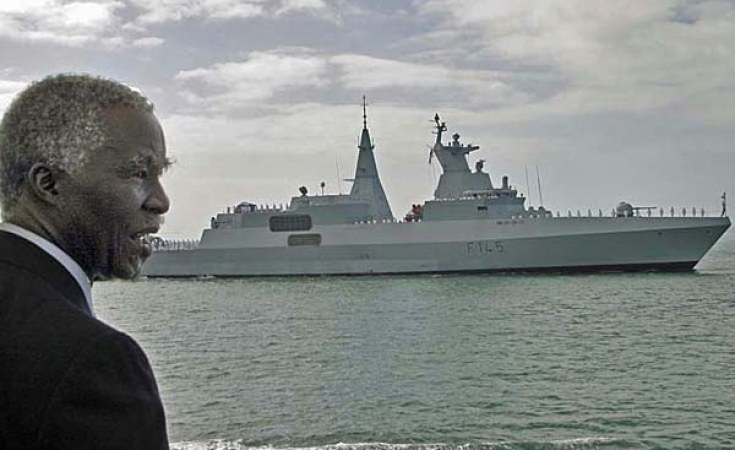Cape Town — A South African judge today declared invalid on procedural grounds a decision to prosecute Jacob Zuma, president of South Africa's ruling African National Congress (ANC), on corruption charges.
But he emphasised that he was not pronouncing on whether Zuma - nominated by the ANC to succeed Thabo Mbeki as President of South Africa next year - was innocent or guilty and said prosecutors were free to bring charges again.
At the same time, Judge Chris Nicholson reached back into the origins of both the case against Zuma and other cases to excoriate prosecutors and two ministers of justice for allowing what he at one stage called "baleful political influence" to be brought to bear on whether or not to prosecute them.
"For years the applicant [Zuma] is under threat of prosecution for serious corruption and yet never brought to trial. There is a ring of the works of Kafka about this," he said.
He said a decision not to charge Zuma in 2003 - when he was deputy president of the country - but to charge his financial adviser, Schabir Shaik, was bizarre. Mbeki fired Zuma as his deputy in 2005, after Shaik had been convicted, and prosecutors only then charged Zuma.
Nicholson suggested Mbeki himself may have been involved in interfering in prosecutorial decisions and held both the president and his full cabinet accountable for it.
He called for South Africa's national director of prosecutions to have the independence and security of tenure of High Court judges, who can be impeached only by parliament.
Nicholson was appointed to the judiciary after liberation, having previously been a prominent anti-apartheid human rights lawyer.
Delivering judgement in the Pietermaritzburg High Court, Nicholson found that before prosecutors filed charges against Zuma last December, under the particular South African law relevant to his case they should have given him the opportunity to make representations as to why he should not be charged.
He said his ruling was on a "procedural point" and that prosecutors were at liberty to lay charges once they had granted Zuma this opportunity.
Zuma is accused of racketeering, money-laundering, corruption and fraud relating to controversial arms deals.


